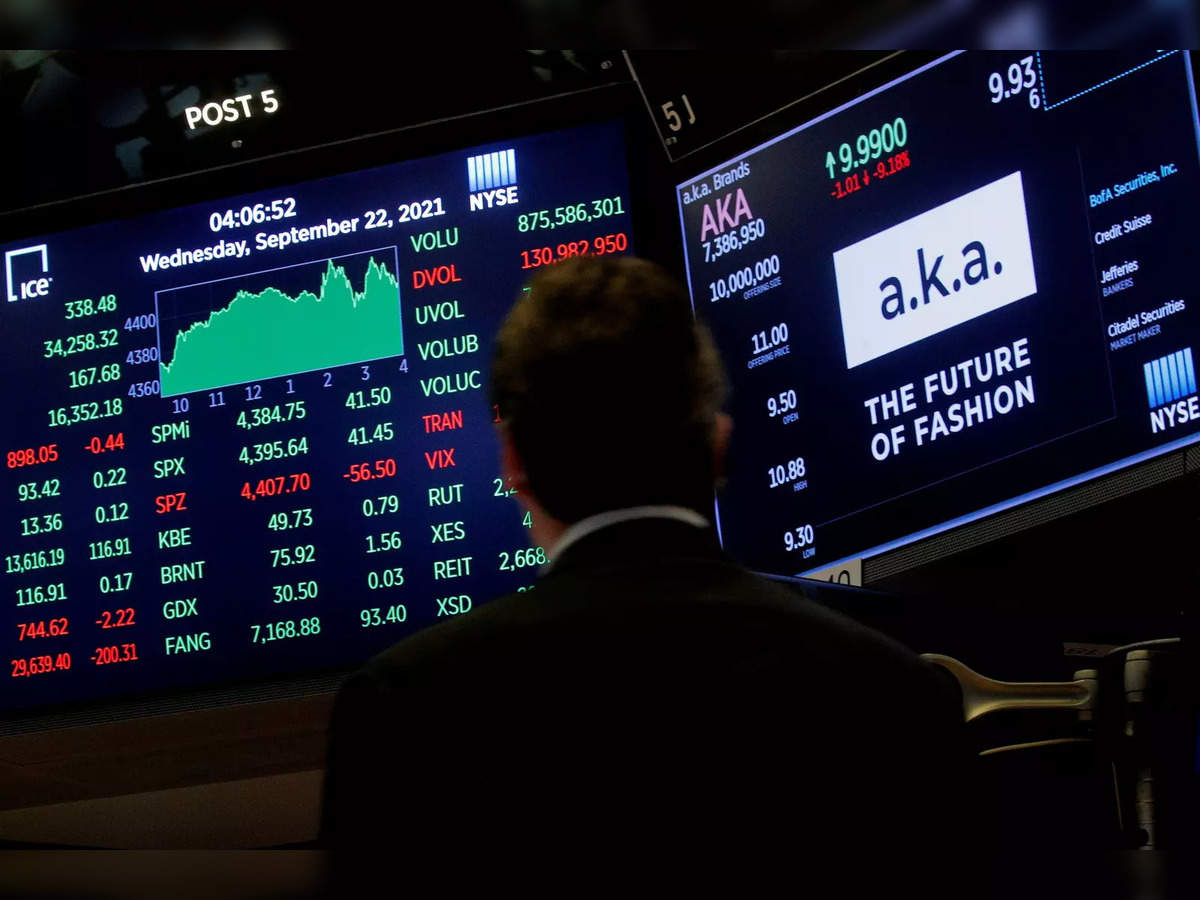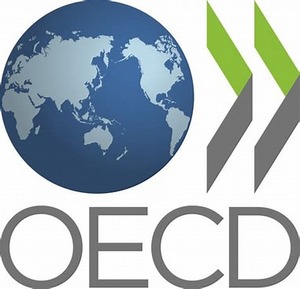The UK is “cautiously optimistic” that the G7 group of advanced nations can agree the broad outlines of a global deal on taxing multinationals following intense discussions in recent days, according to people with knowledge of the talks.
Finance ministers are set to meet in London on Friday and Saturday, and are poised to announce that they have agreed the principles for a new system of international corporate taxation.
Speaking on Thursday evening, UK chancellor Rishi Sunak, who will host the discussions, said: “I’m hugely optimistic that we will deliver some concrete outcomes this weekend.” On Friday morning the finance ministers of Germany, France, Italy and Spain released a joint statement in which they said there was an “urgent” need to reach an agreement.
The Covid-19 pandemic was a windfall for big tech companies that “raked in profit at levels not seen in any other sector of the economy”, and the crisis had exacerbated inequalities, Olaf Scholz, Bruno Le Maire, Daniele Franco and Nadia Calviño wrote. “It is urgent to put in place an international tax system that is both efficient and fair,” they said.
“Multinationals are able to avoid corporate taxes by shifting profits offshore. That’s not something the public will continue to accept. Tax dumping cannot be an option for Europe, nor can it be for the rest of the world.” The proposed regime would both create a new right for countries to tax the largest multinationals’ profits based on where they make their sales and a global minimum effective corporate tax rate of 15 per cent, which would raise significant sums of money in the US.
Remaining sticking points concern the detailed definition of the group of multinationals to which the rules would apply, and whether they would pay tax based on where they make sales or profits. In recent days pressure from Washington to agree a deal has intensified. US ambassadors around the world have been told to garner support for the plan by stressing President Joe Biden sees it as a “top priority issue”.
Countries with objections are being told by US representatives that “this is not a tax issue; this is about our [countries’] relationship”. On Wednesday Washington announced retaliatory tariffs on six countries that had introduced their own digital taxes, in addition to the levy it had already applied to France for the same reason. However, it suspended implementation of the punitive measure for six months in what Katherine Tai, the US trade representative, said was an attempt to leave room for an international agreement to be reached.
A Spanish budget ministry official said: “The fact that the US has suspended the tariff increase reflects its willingness to agree a deal.” Countries including the UK and France have refused to rescind their own digital taxes until the US not only agrees to a deal, but also forces it through Congress.
Paris spelt out on Thursday that it would not withdraw its tax until a new global levy was implemented by the US. “We should withdraw the tax when there are new taxes in place” to avoid a hiatus in tax collection, a French official said. Any agreement this weekend is likely to be followed by more detailed discussion among G7 leaders at their summit in Cornwall a week later.
There is some tension over which forum any agreement would be officially struck in, according to the aforementioned person with knowledge of the talks. The UK is “pushing extremely hard” to tie up the deal at the G7 leaders’ summit, but other G7 members including the US, Italy and Japan are reluctant to go further than announcing a common position because the G20 is officially in charge of the negotiations — which are being conducted via the auspices of the OECD — and any deal should not be settled by the big economies alone.













